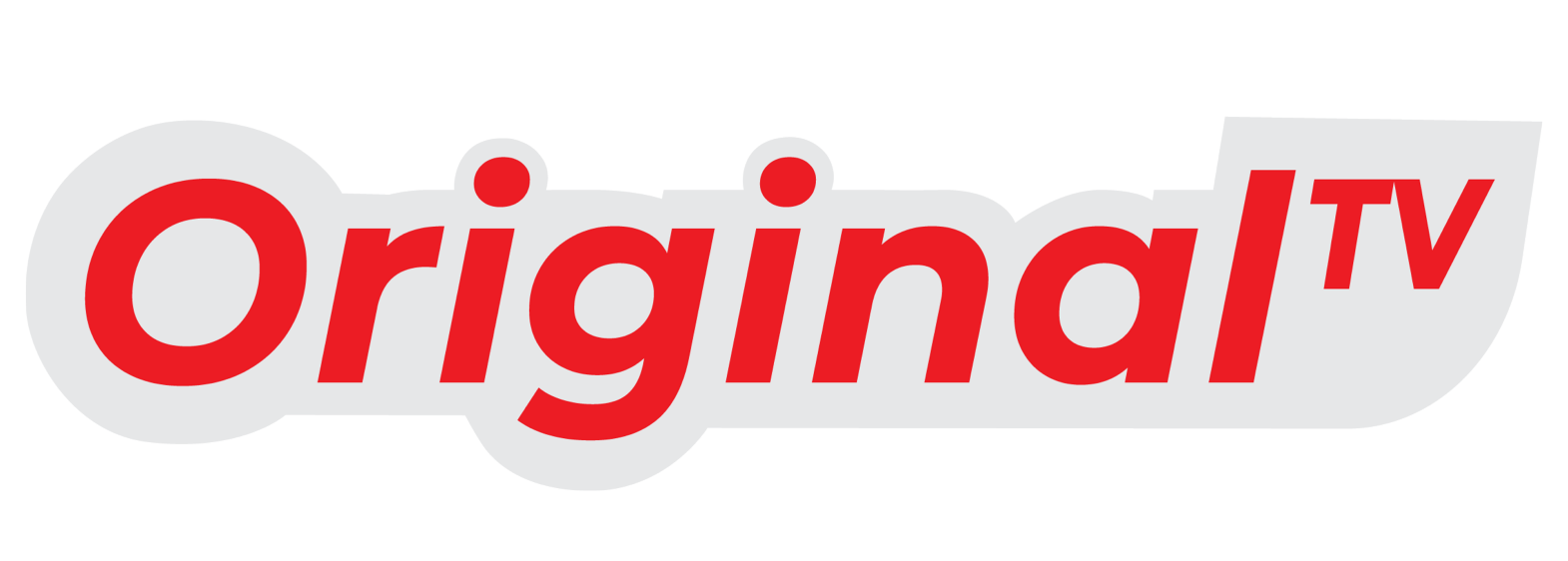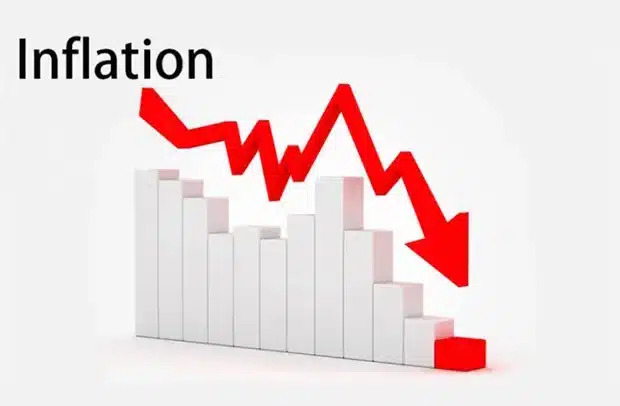Consumer inflation in Ghana has been declining for the past four months, with a year-over-year reduction to 20.9% in July.
As compared to June’s 23.0%, this is a 2.1 percentage point drop, indicating a slow reduction in the economic pressures that were harsher in 2023.
Food inflation was 21.5% in July, compared to a slightly lower 20.5% for non-food inflation.
It’s interesting to note that the inflation rate for imported goods was 15.6%, which is far lower than the 23.3% rate for goods made domestically.
This continuous decrease in inflation, which started in March 2024 at a rate of 25.8%, suggests that price rise is gradually slowing down.
The last five months have seen a steady decline in inflation, which has provided some respite to both businesses and consumers during a time of increased financial stress.
The rate of inflation rise also decreased month over month, rising by 2.1% in June and July 2024 as opposed to 3.2% in May. The inflationary pressures appear to be starting to decrease based on this two-month pattern.
Food inflation has significantly decreased year over year; it is currently roughly 2.4 times lower than it was in August 2023. Food costs are still marginally greater than those of non-food items, though.
Furthermore, there is a noticeable difference in the rates of inflation between commodities produced locally and those that are imported. In contrast to imported commodities, which saw an inflation rate of 15.6%, locally manufactured goods saw a higher rate of 23.3%.
Professor Samuel Kobina Annim, a government statistician, highlighted the wider effects of these reductions on the economy by attributing the overall decline in inflation to drops in both the food and non-food categories.






